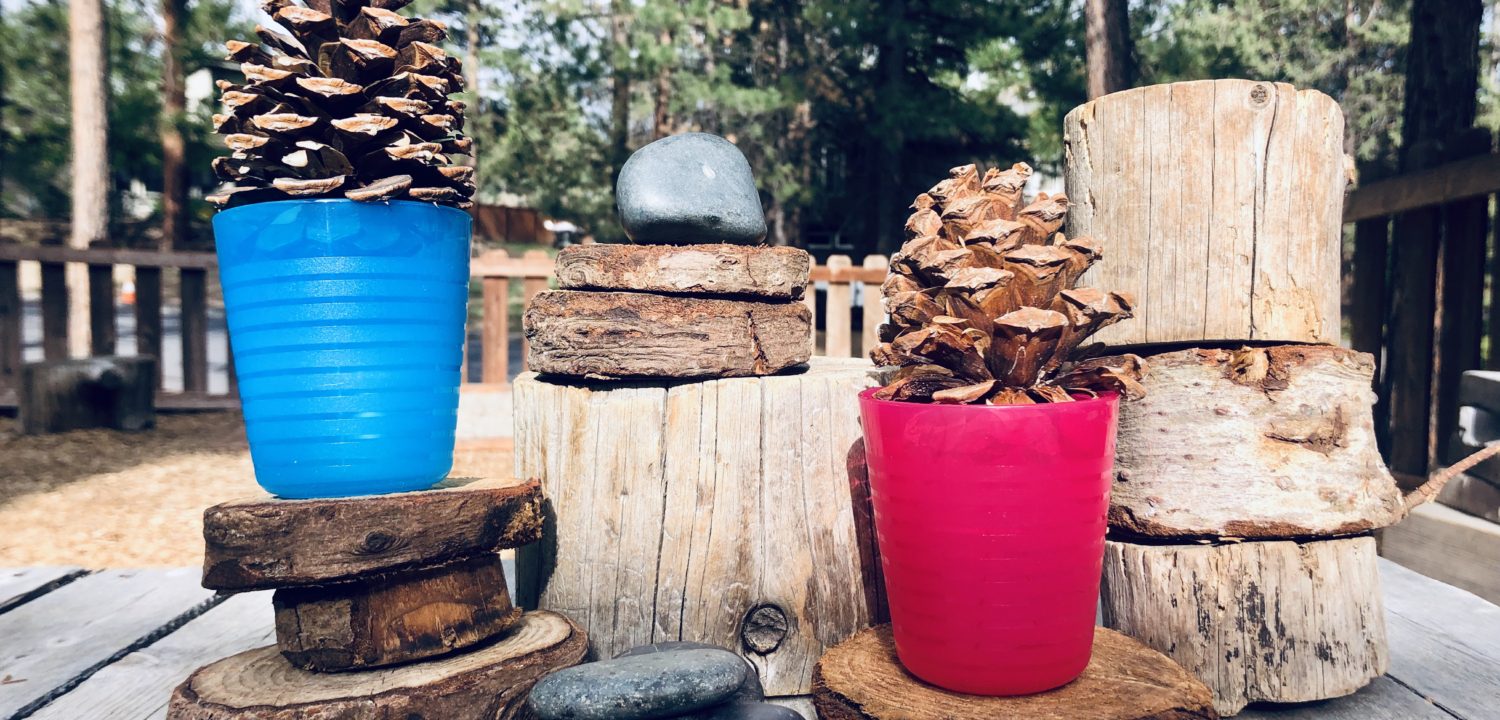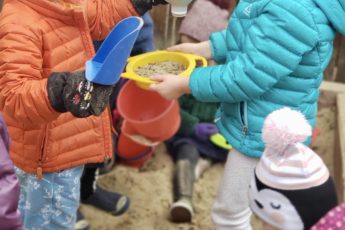Responding to Hate…

“If you like the idea of having a woman that hates boys iwn s Preschool and try to brainwash them to hate their penis, then this is the perfect school.”
As an out lesbian who owns and operates a preschool where children are encouraged and supported in being their authentic selves, it’s not surprising a formerly enrolled parent would post nonsensical ramblings on social media about the school (several years after the family’s children were enrolled). Such transparency and activism likely make me and my work a target for misguided anger. Perhaps a more troubling question ~ What is happening in these children’s lives that led their parent to post this vitriol years later?
As a college educator who is passionate about the quality of one’s writing, let me start by offering some writing feedback:

- “that hates boys” – This should be “who hates boys.”
- “iwn s” – in?
- “Preschool” – This should be lower-cased, unless of course, you are referring to my school by its proper name.
- “hate their penis” – It sounds like the author is referring to multiple boys, therefore I would be training them to “hate their penises.” I can’t imagine the author is using the pronoun “they” to refer to an individual person and not a group.
Oddly, I cannot ever recall brainwashing preschoolers… I’m lucky if I can get them to keep their fingers out of their noses, let alone “brainwash” them. And brainwashing those college students is even more difficult! I dream of brainwashing them to read the syllabus in its entirety and to follow proper APA formatting. If I could brainwash people, I would certainly use my ‘mind control’ for the betterment of society, not to teach “genital hatred.”
When I created my preschool, one of my main goals was to provide physical and emotional safety, as well as create a welcoming environment for all children and families in our program. As educators, we concentrate on creating environments that are gender expansive and fluid, where children can express a wide range of emotions, interests, and behaviors that fall anywhere along the gender continuum. We strive to affirm all children and allow them to express their interests and find confidence in their strengths.

Regardless of personal belief, all parents want their children to feel happy and safe. Conversations around gender identity do not involve discussion of sexual activity or behavior. Gender is what is in our hearts and in our minds, not necessarily what is between our legs.
We will continue to support an environment of honest, child-led conversations. Children at this age have a lot of questions and engage in natural exploration on a variety of what adults may perceive as sensitive topics, like gender and death. These conversations are developmentally typical, regardless of participating in an early learning environment supporting gender fluidity and expansiveness.
With that, we also believe in adhering to the best practices of our field. Our conversations around gender are developmentally appropriate and guided by information gained from the NAEYC, the AAP, and APA.
“It is time for parents to teach young people early on that in diversity there is beauty and there is strength.” ~ Maya Angelou ~
My favorite book lists for young children regarding gender:
- Challenging Gender Limits with Picture Books
- Great Diverse Children’s Books with Transgender, Non-Binary and Gender Expansive Children




